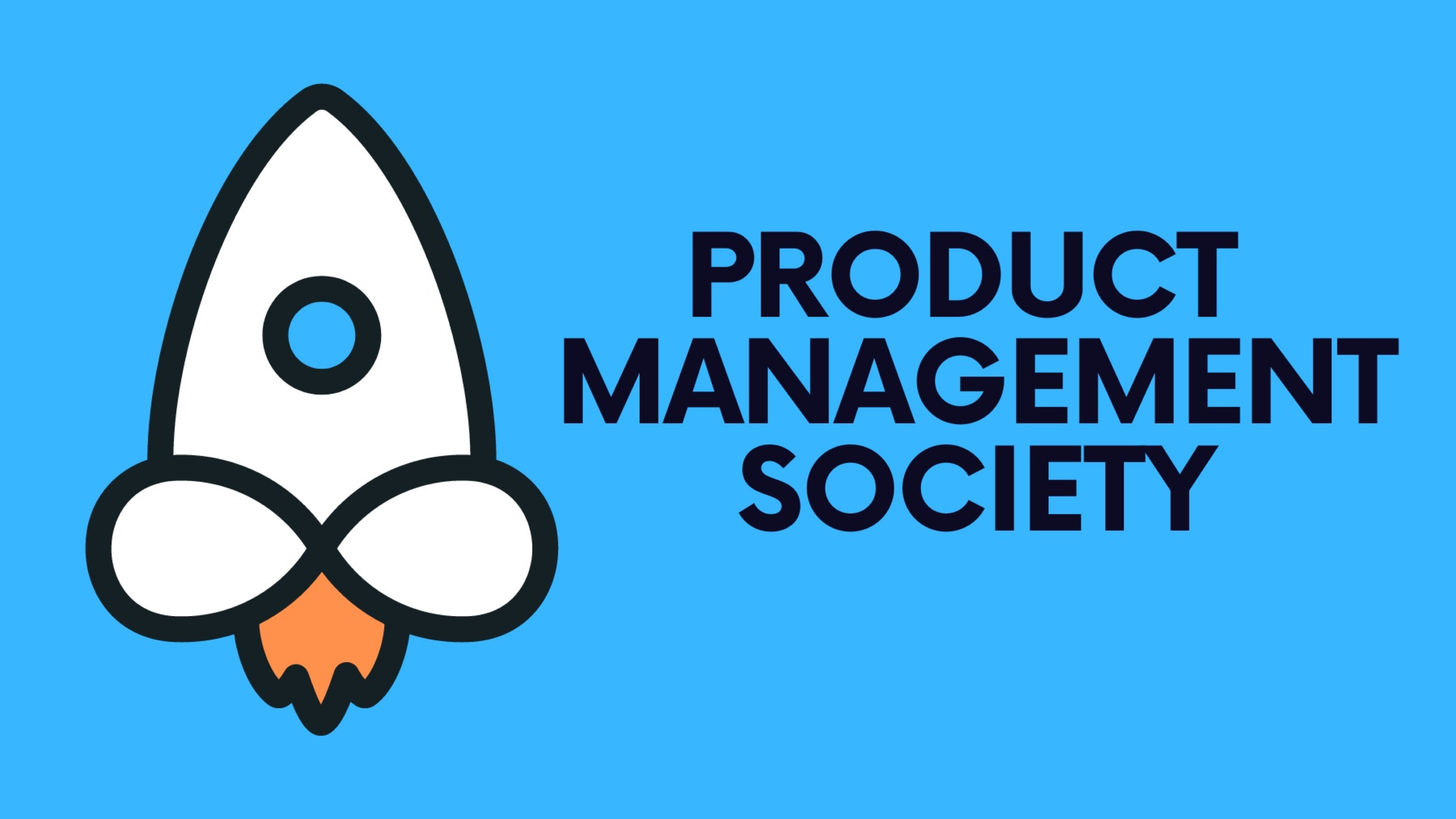The role of a product manager is both dynamic and influential, bridging the gap between engineering, design, marketing, and sales to guide a product's lifecycle from conception to launch. But who is suited to this pivotal role? This article explores the diverse backgrounds from which product managers emerge, the skills necessary for success, and how almost anyone with the right qualities and determination can steer their career path toward product management.
1. Diverse Educational Backgrounds
Varied Academic Fields:
- While business, marketing, and engineering degrees are common, product managers come from a wide array of academic backgrounds. Fields such as psychology, design, and even humanities can provide valuable perspectives and skills.
Importance of a Learning Mindset:
- A willingness to learn continuously is crucial, more than any specific degree. Product managers must stay abreast of market trends, user needs, and new technologies.
2. Key Professional Skills
Strategic Thinking:
- Successful product managers are strategic thinkers who can envision long-term product goals and map out the necessary steps to achieve them.
Communication Skills:
- The ability to communicate clearly and persuasively with different stakeholders, from engineers to executives, is essential.
Analytical Abilities:
- A product manager must analyze market data, user feedback, and competitive landscapes to inform product decisions.
Empathy:
- Understanding user needs and challenges is vital, making empathy a key skill for designing user-centric products.
3. Essential Personal Traits
Leadership Qualities:
- Leading cross-functional teams effectively, often without direct authority, requires strong leadership and motivational skills.
Problem-solving:
- The knack for identifying problems and devising effective solutions is fundamental to handling the myriad challenges of product development.
Adaptability:
- Product managers must adapt to rapidly changing conditions and be comfortable with ambiguity and frequent pivots.
4. Transitioning to Product Management
From Related Fields:
- Many product managers transition from roles in marketing, project management, customer service, or software development. These roles provide a foundation in key areas relevant to product management.
Through Certification and Training:
- Certifications like Pragmatic Marketing Certification or courses offered by Product School can provide formal education and credibility to those looking to shift into product management.
Building a Portfolio:
- Working on side projects or contributing to open-source projects can help aspiring product managers build a tangible portfolio to showcase their skills.
5. The Universal Potential
No Single Path:
- There is no single career path to becoming a product manager. The role’s requirements can vary widely across industries and companies, opening opportunities for individuals with various experiences and backgrounds.
Lifelong Learning:
- Continuous education and skill development are pivotal, as the product management landscape is continually evolving.
Conclusion
Anyone passionate about creating products that meet user needs and drive business success can aim to become a product manager. With the right mix of skills, experience, and personal traits, along with a commitment to ongoing learning and adaptation, the path to becoming a product manager is accessible to a wide range of professionals.
Stay tuned for our next article!
If you’re finding this newsletter valuable, consider sharing it with friends, or subscribing if you aren’t already. Also, consider coming to one of our Meetups and following us on LinkedIn ✨
Thanks for reading Product Management Society! Subscribe for free to receive new weekly posts 🚀







